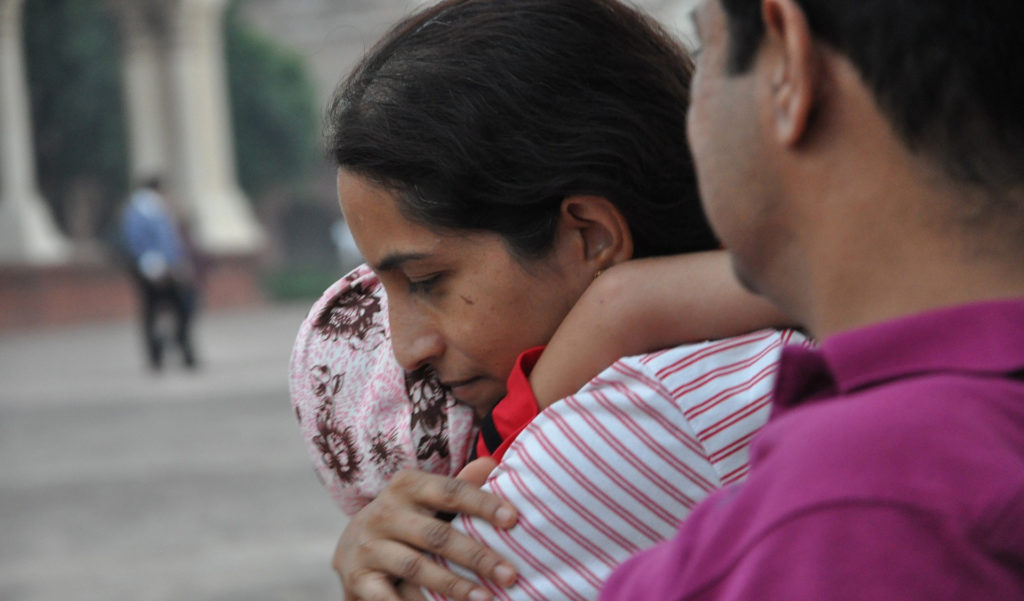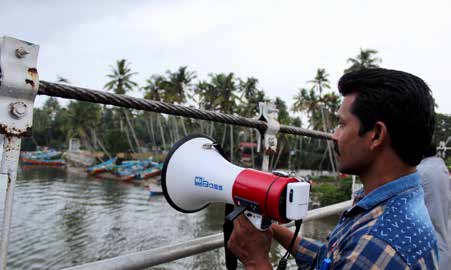By Dr Stavros Demetriou
Lecturer in Law, University of Sussex
The Anti-social Behaviour, Crime and Policing Act 2014 gives a significant magnitude of discretion to local enforcement agents to decide what counts as anti-social behaviour and how to implement their powers. The 2014 Act was designed to be flexible and to enable local agents to tackle a range of local issues. However, this flexibility can result in the inconsistent implementation of the law and allow local enforcement agents to use these measures as a means of indirectly criminalising certain kinds of behaviour whilst targeting specific social groups. To prevent this, it is important to ensure that these measures are used appropriately and target only behaviour that really has a negative effect on other people’s quality of life.











